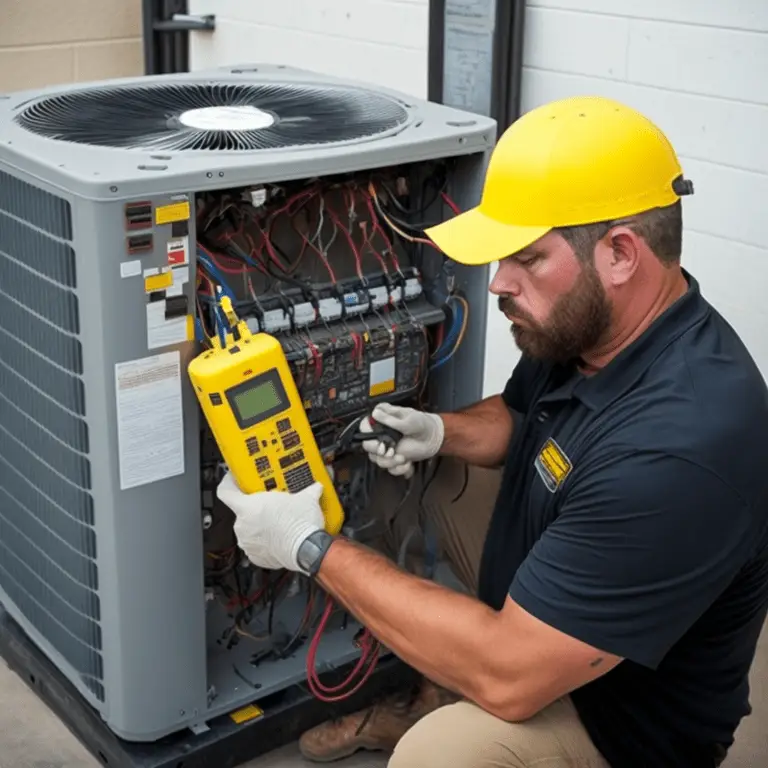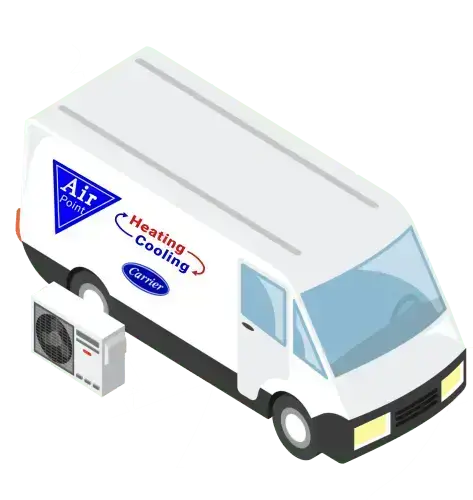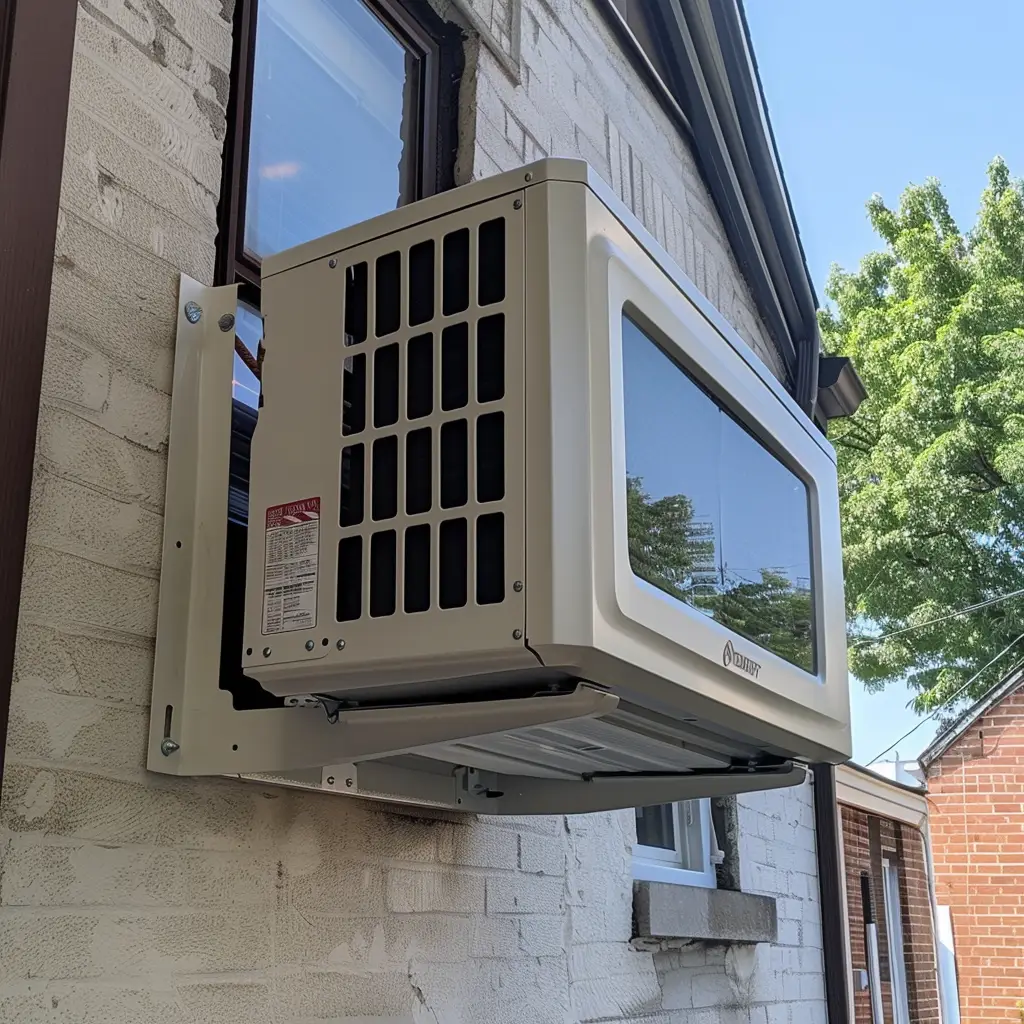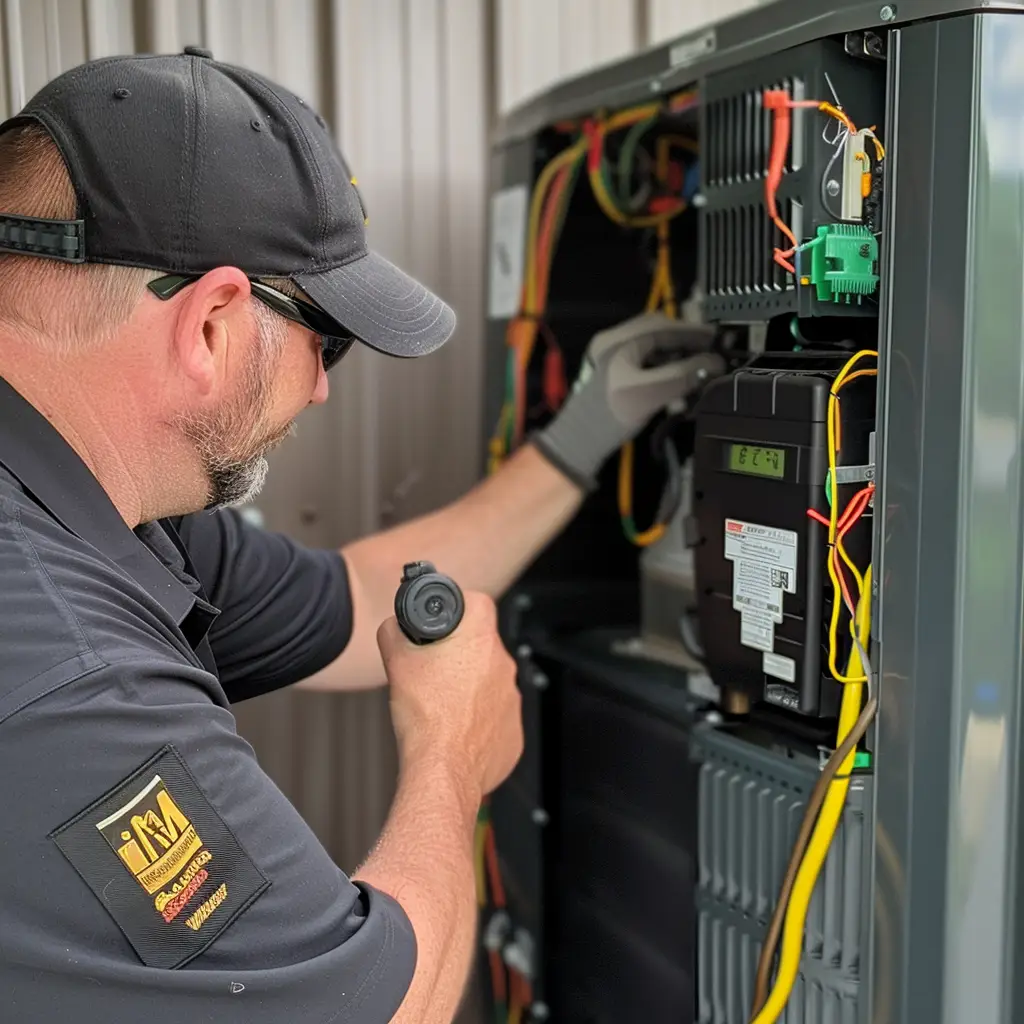Heating, ventilation, and air conditioning (HVAC) systems play a critical role in maintaining indoor air quality and temperature control in homes and commercial buildings. With the constant evolution of technology, HVAC systems are becoming more advanced and efficient.
In this article, we’ll take a look at the latest technology in HVAC and how it benefits homeowners and business owners.
Latest Technology in HVAC
The HVAC industry is constantly evolving and new technologies are constantly being developed. At AirPoint, they specialize in various HVAC solutions and are dedicated to providing their customers with the most advanced products and techniques available. This includes eco-friendly solutions that not only help to reduce the carbon footprint but also save money on energy costs.
Infrared Cameras
Infrared cameras are an essential tool for HVAC technicians. These cameras help technicians quickly detect and diagnose heat loss or other issues in the furnace system by using infrared imaging. This advanced technology allows technicians to identify temperature imbalances in the furnace and make necessary repairs to restore proper heating.
Duct Testing Equipment
Ducts play a crucial role in the performance of your furnace. Air must flow through the ducts properly to ensure that the furnace is functioning optimally. Duct testing equipment allows technicians to test the air pressure in the ducts and identify any blockages or leaks that could be affecting the furnace’s performance. With this tool, technicians can quickly and accurately diagnose the problem and make necessary repairs to keep your furnace running efficiently.
Computerized Testing Systems
Computerized testing systems are an advanced tool that allows HVAC technicians to perform comprehensive diagnostic tests on a furnace. These systems use a combination of algorithms and sensors to identify and diagnose problems with the furnace. With computerized testing systems, technicians can quickly identify problems and make necessary repairs to restore proper heating.
High-Efficiency Filters
High-efficiency filters are a must-have for any HVAC system. These filters remove dirt and debris from the air before it reaches the furnace, improving its performance and longevity. By using high-efficiency filters, you can reduce the amount of maintenance required for your furnace and extend its lifespan.
Energy-Efficient Motors
Energy-efficient motors are designed to reduce the energy costs of running a furnace. By using an energy-efficient motor, you can save money on your energy bills and extend the lifespan of your furnace. Additionally, these motors are eco-friendly, helping to reduce your carbon footprint and contribute to a greener planet.
Advanced Control Systems
Modern furnace control systems are equipped with advanced features that allow you to adjust the temperature in response to different conditions, such as time of day, room usage, and weather patterns. With advanced control systems, you can ensure that your furnace is functioning optimally and efficiently, delivering optimal heating to your home.
Required Tools for HVAC
HVAC technicians require a range of tools to perform their daily tasks effectively. The most important tool in HVAC is a high-quality diagnostic tool. This allows the technician to quickly and accurately identify the problem, saving time and increasing efficiency. Other necessary tools include various types of meters, screwdrivers, pliers, and cutting tools.
Four Goals of an HVAC System
The four main objectives of an HVAC system are to control temperature, humidity, air quality, and ventilation. By meeting these goals, an HVAC system contributes to customer satisfaction by providing a comfortable and healthy indoor environment.
Three R’s in HVAC
The three R’s in HVAC stand for reduce, reuse, and recycle. These principles help to improve efficiency and reduce energy costs. By reducing the demand for energy, HVAC systems can operate more efficiently, which results in lower energy bills for the homeowner.
Daily Tasks of HVAC Technicians
HVAC technicians have a range of daily tasks that they must complete to ensure that HVAC systems are functioning properly. These tasks include performing routine maintenance, making repairs, diagnosing problems, and installing new systems. To be effective, HVAC technicians must be reliable and have advanced skills.
Qualities of a Good HVAC Technician
A good HVAC technician must have a range of qualities, including being certified, HomeStars verified, and having the ability to diagnose and repair problems quickly and effectively. Good communication skills, attention to detail, and a commitment to customer satisfaction are also important.
In conclusion, AirPoint is committed to providing their customers with the best possible HVAC solutions, using the latest technology and techniques available. As a Carrier factory authorized dealer and NATE certified techicians , AirPoint is proud to have a 5 star rating on Google and HomeStars, and to have been named HomeStars Best of the Best 2022. If you’re looking for reliable and advanced HVAC solutions, look no further than AirPoint.
Whether you’re looking to do so DIY maintenance or are just starting out your career in HVAC, check out this video to learn about the best HVAC starter tools





